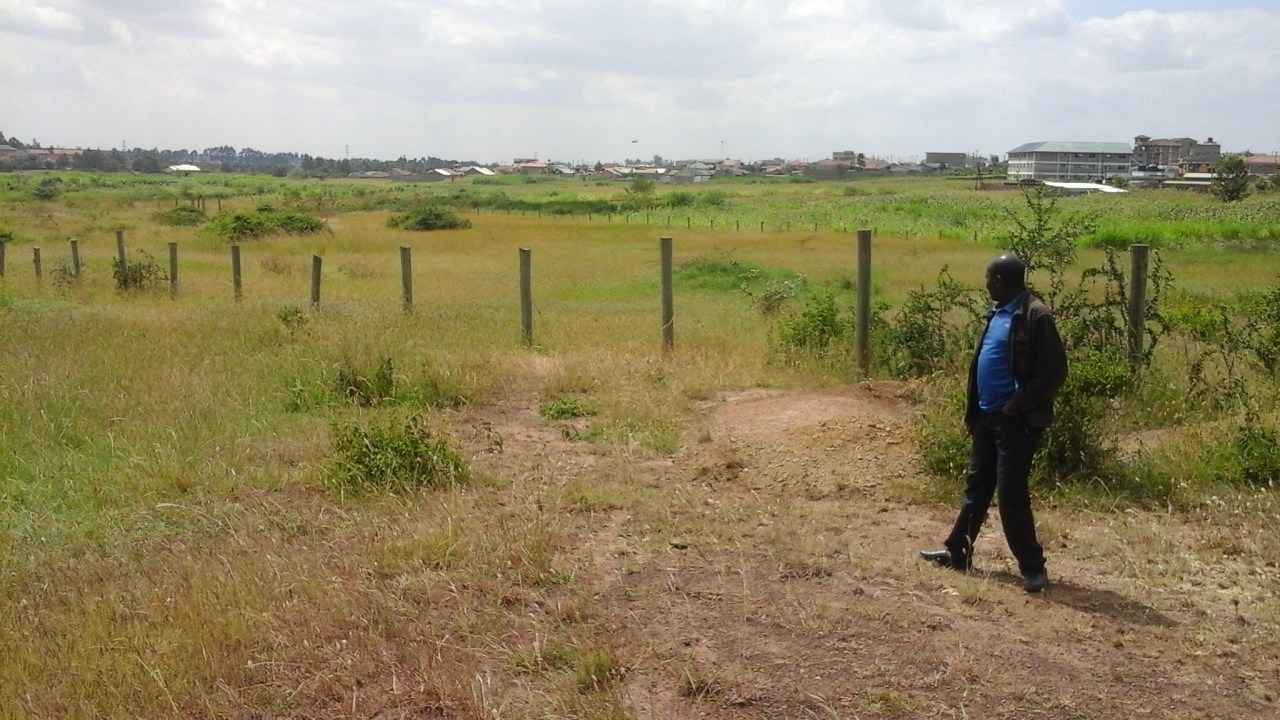Are you buying property in Kenya? Here’s what you need to know;
- Freehold property- This gives the owner of the title absolute ownership of the property and does not attract ground rent.
- Leasehold property- This confers to the owner a limited period of time to own the property which can be extended. The Kenyan constitution only allows leases of 99 years to non-citizen
- Identify the property you would like to buy
- Conduct legal due diligence
- Carry out the transfer of the property buying property in Kenya
The most popular way is by word of mouth or through a real estate agent or through newspaper advertisements. You can also talk to lawyers who are sometimes contracted by their clients to sell property on their behalf.
Conduct legal due diligence
At this stage, it’s important to identify a lawyer you would like to work with who will help you with the following stages of the transaction
Conduct a search
Why do you need to conduct a Search?
- To ascertain the ownership of the property
- To check the property for any encumbrances
- To check for any land rates that may have accrued.
If it’s a company or land-buying company, obtain the CR12 from the Registrar of Companies to ascertain that;
- The company is still in existence.
- Who are the directors of the company?
You may further want to do a case search on the Kenya Law website to ascertain that the company/Housing Sacco has not been sued by other buyers for similar transactions.
It may be useful to visit the company offices or contract someone to do the same on your behalf.
A search is done at the Ministry of Lands registry and could take 1-3 days.
Land Survey Plan
A land survey plan is a specialized map of a parcel of land. It determines and delineates boundary locations, building locations, and physical features.
The plans are issued by the Ministry of Lands and Physical Planning through the Department of Survey.
Obtain the Land Clearance Certificate and Land Rent Certificates
Depending on the land tenure regime, the land rates and rent if unpaid will need to be paid so that you can obtain the Clearance Certificates.
Valuation of the Land and Payment of Stamp Duty
The Government Valuer will visit the property so as to ascertain its value of the property. The stamp duty will be assessed based on the value given by the Government Valuer.
The next step is the payment of the stamp duty to the Kenya Revenue Authority.
For this, you will require both the transferor and transferee PIN. Depending on the value of the property, a Capital Gains Tax may apply. Read more about Capital Gains Tax here.
Carry out the registration and transfer of land
Once you are satisfied that the property is free from any encumbrances or illegalities, your lawyer should draft a sale agreement for both the transferee and the transferor to sign.
Some agreements may provide that at least a deposit of 10% of the purchase price be paid upon signing of the sale agreement.
Both the buyer and seller will be required to provide the following documents;
- National Identity Card/Passport
- Personal Identification Certificate (PIN)
- 3 copies of photographs
Land Transfer process
Once stamp duty has been paid, the transfer documents are lodged with the Registrar of Lands. The Registry will process the transfer and the registration process will be complete upon entry and change of ownership of the title.
Duration
A land transfer process currently may take up to Four (4) to six (6) months due to the delays at the Registry. There is currently a digitization process that is taking place that may make the process shorter.
Legal fees associated with the transfer of property in Kenya
Legal Fees are regulated in Kenya and the fee charged is based on the Remuneration Order.
'Want to send us a story? Submit to NAIROBIminiBLOGGERS via our Email nairobiminiblogger@gmail.com'

Drop Your Comments, What do you think About The Article?